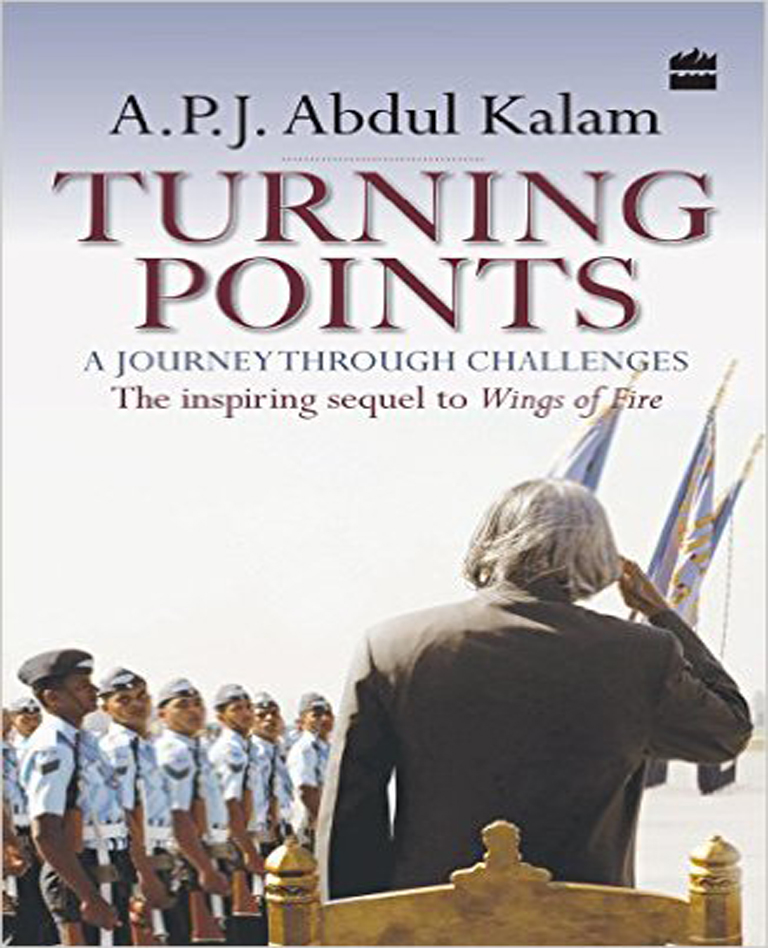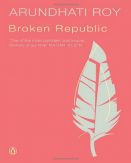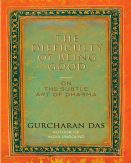You must be logged in to post a review.
Turning Points
by A.P.J. Abdul Kalam
Description:
It was like any other day on the Anna University campus in Chennai. I had delivered a lecture ‘Vision to Mission’ and the session got extended from one hour to two. I had lunch with a group of research students and went back to class. As I was returning to my rooms in the evening the vice-chancellor, Prof. A. Kalanidhi, fell in step with me. Someone had been frantically trying to get in touch with me through the day, he said. Indeed, the phone was ringing when I entered the room. When I answered, a voice at the other end said, ‘The prime minister wants to talk with you …’ Some months earlier, I had left my post as principal scientific adviser to the government of India, a Cabinet-level post, to return to teaching. Now, as I spoke to the PM, Atal Bihari Vajpayee, my life was set for an unexpected change. Turning Points takes up the incredible Kalam story from where Wings of Fire left off. It brings together details from his career and presidency that are not generally known as he speaks out for the first time on certain points of controversy. It offers insight not only into an extraordinary personality but also a vision of how a country with a great heritage can become great in accomplishment, skills and abilities through effort, perseverance and confidence. It is a continuing saga, above all, of a journey, individual and collective, that will take India to 2020 and beyond as a developed nation.
About The Author
Avul Pakir Jainulabdeen “A. P. J.” Abdul Kalam Listeni/?æbd?l k??l??m/; (15 October 1931 27 July 2015) was the 11th President of India from 2002 to 2007. A career scientist turned politician, Kalam was born and raised in Rameswaram, Tamil Nadu, and studied physics and aerospace engineering. He spent the next four decades as a scientist and science administrator, mainly at the Defence Research and Development Organisation (DRDO) and Indian Space Research Organisation (ISRO) and was intimately involved in India’s civilian space programme and military missile development efforts. He thus came to be known as the Missile Man of India for his work on the development of ballistic missile and launch vehicle technology. He also played a pivotal organisational, technical, and political role in India’s Pokhran-II nuclear tests in 1998, the first since the original nuclear test by India in 1974.
Kalam was elected as the 11th President of India in 2002 with the support of both the ruling Bharatiya Janata Party and the then-opposition Indian National Congress. Widely referred to as the “People’s President,” he returned to his civilian life of education, writing and public service after a single term. He was a recipient of several prestigious awards, including the Bharat Ratna, India’s highest civilian honour.
While delivering a lecture at the Indian Institute of Management Shillong, Kalam collapsed and died from an apparent cardiac arrest on 27 July 2015, aged 83. Thousands including national-level dignitaries attended the funeral ceremony held in his hometown of Rameshwaram, where he was buried with full state honours








Reviews
There are no reviews yet.